Mezcal is an alcoholic spirit intrinsically Mexican, coming from a diversity of Agves, highlighting in its production a series of mostly artisanal procedures ranging from the meticulous selection and cutting of the raw material to an optional maturation process of the distillate, through crucial stages such as cooking, grinding, fermentation, distillation and rectification of the agave. The origin of mezcal in Mexican territory is debated among several theories; however, a significant current suggests that the distillation of agave ferments could have pre-colonial antecedents. This theory is supported by findings in western Mexico, where, at the end of the 16th century, it is documented that the native populations settled on the slopes of the Colima volcanoes already practiced the distillation of mezcals using Asian distillation techniques, even before mestizos, Creoles and Spaniards adopted Arabian alembics for this purpose. This distilling process retained distinctive pre-Hispanic elements, with the notable exception of the distillers introduced by Filipinos brought over by the Spanish, who made possible the creation of higher volume mezcals using techniques accessible to the local indigenous community. In this context, it is hypothesized that the vessels called Capacha, dated between 1500 and 1000 B.C. and found in Colima by Isabel Kelly, suggest their potential use as pre-colonial distillers. This conjecture not only aligns with archaeological findings that emphasize the cultural and economic relevance of agaves in the ancient societies of western Mexico, but also raises questions about the evolution and adaptation of the "Mesoamerican Capacha-type distiller" through the ages, especially during the viceregal period when Asian distillers gained preeminence, thus facilitating greater mezcal production under postcolonial conditions that challenged and profoundly transformed indigenous cultural dynamics, in a historical moment where mezcal, as an expression of identity and resistance, was subjected to prohibitions and regulations.

What is mezcal and its origin?
Mezcal is an alcoholic spirit intrinsically Mexican, coming from a diversity of Agves, highlighting in its production a series of mostly artisanal procedures ranging from the meticulous selection and cutting of the raw material to an optional maturation process of the distillate, through crucial stages such as cooking, grinding, fermentation, distillation and rectification of the agave. The origin of mezcal in Mexican territory is debated among several theories; however, a significant current suggests that the distillation of agave ferments could have pre-colonial antecedents. This theory is supported by findings in western Mexico, where, at the end of the 16th century, it is documented that the native populations settled on the slopes of the Colima volcanoes already practiced the distillation of mezcals using Asian distillation techniques, even before mestizos, Creoles and Spaniards adopted Arabian alembics for this purpose. This distilling process retained distinctive pre-Hispanic elements, with the notable exception of the distillers introduced by Filipinos brought over by the Spanish, who made possible the creation of higher volume mezcals using techniques accessible to the local indigenous community. In this context, it is hypothesized that the vessels called Capacha, dated between 1500 and 1000 B.C. and found in Colima by Isabel Kelly, suggest their potential use as pre-colonial distillers. This conjecture not only aligns with archaeological findings that emphasize the cultural and economic relevance of agaves in the ancient societies of western Mexico, but also raises questions about the evolution and adaptation of the "Mesoamerican Capacha-type distiller" through the ages, especially during the viceregal period when Asian distillers gained preeminence, thus facilitating greater mezcal production under postcolonial conditions that challenged and profoundly transformed indigenous cultural dynamics, in a historical moment where mezcal, as an expression of identity and resistance, was subjected to prohibitions and regulations.

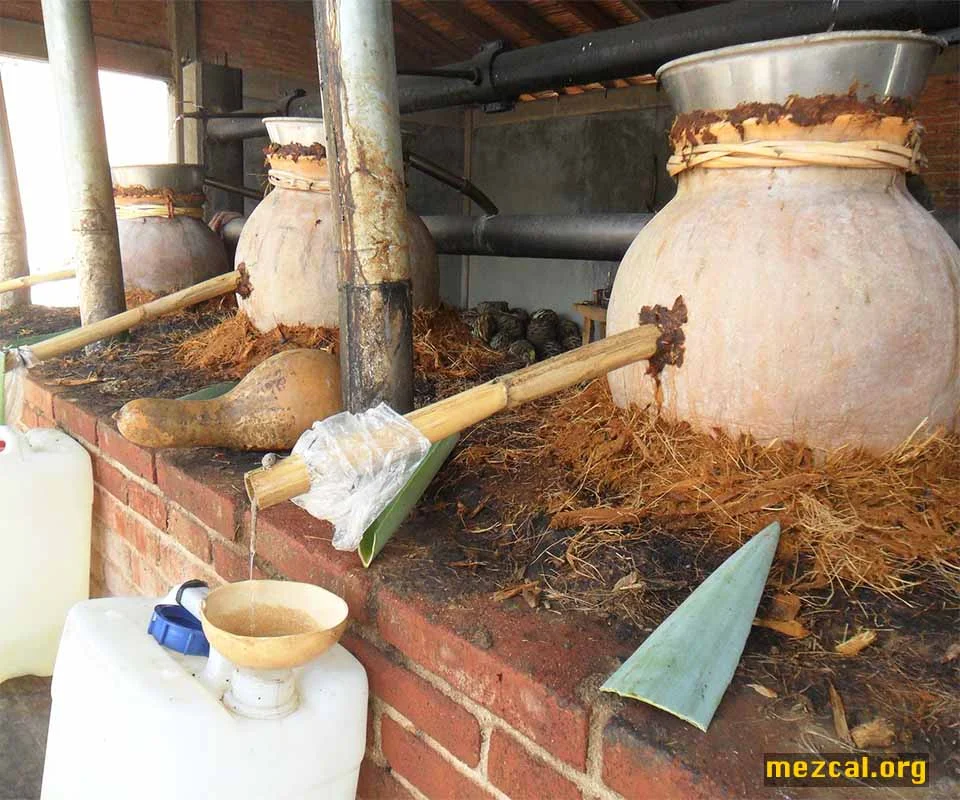



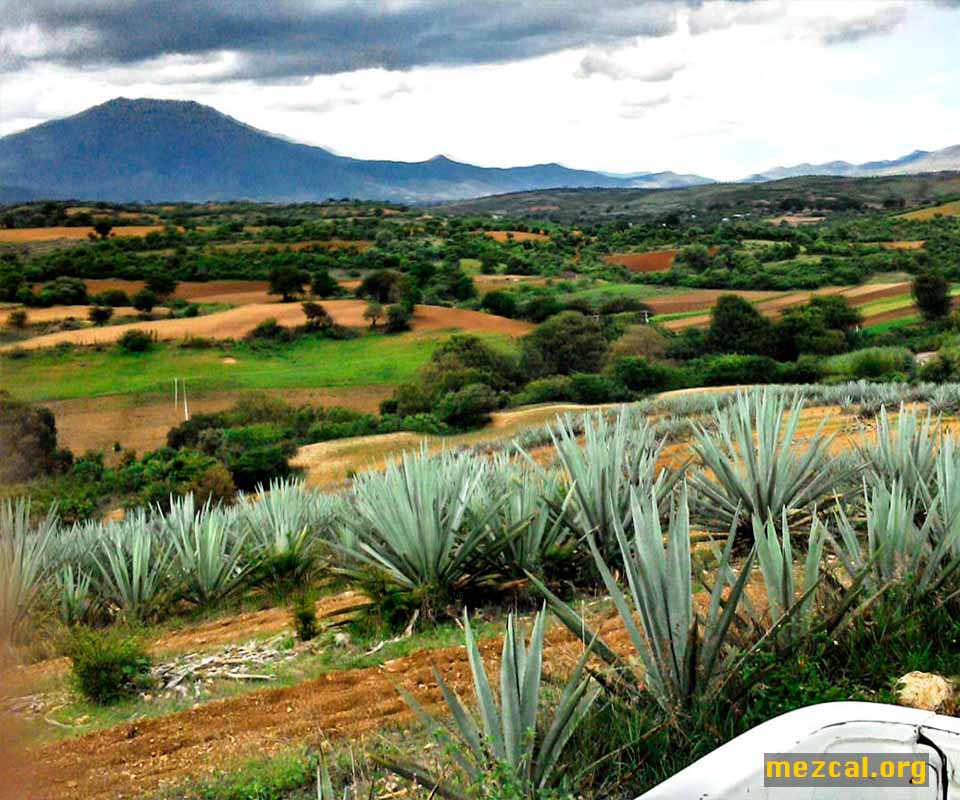
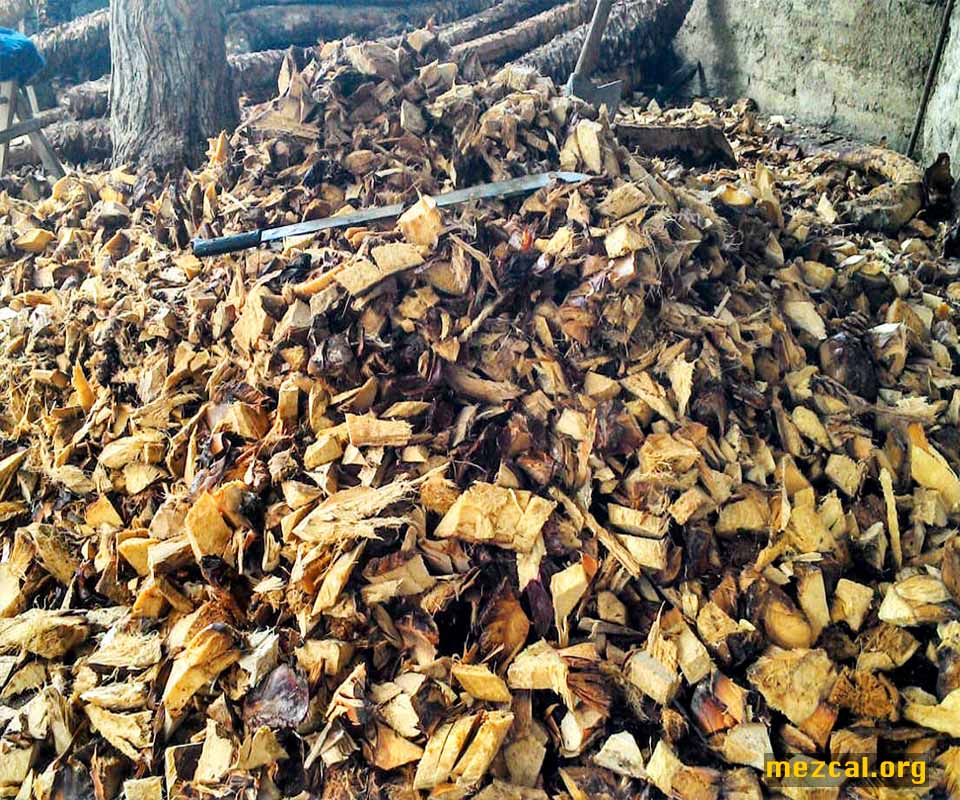

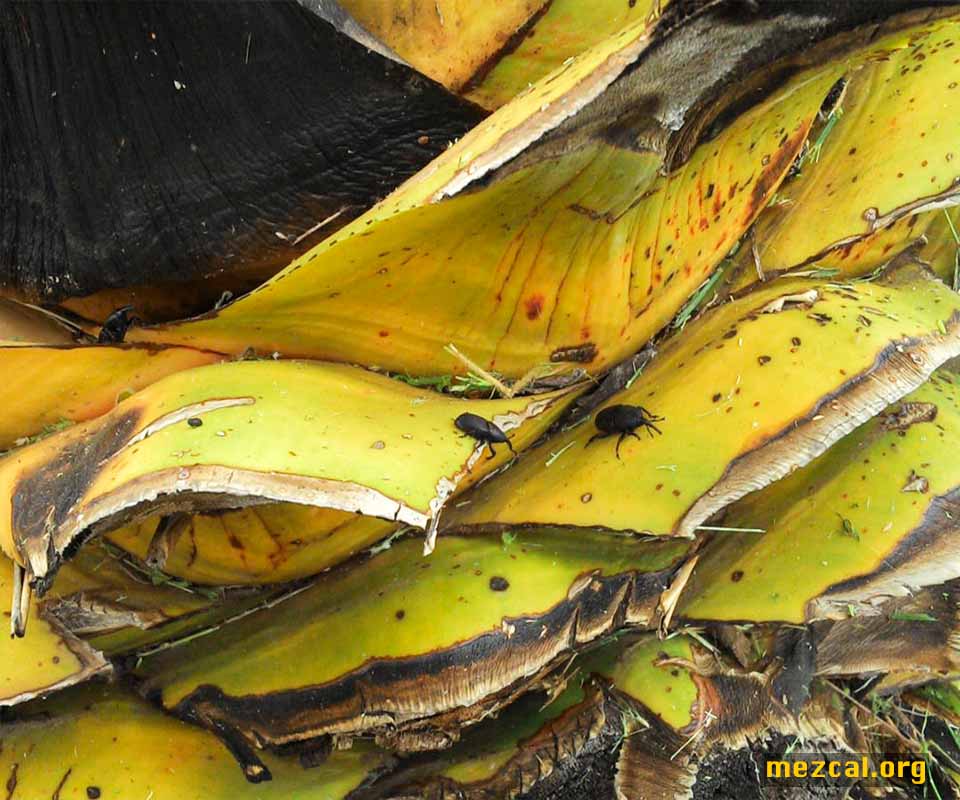
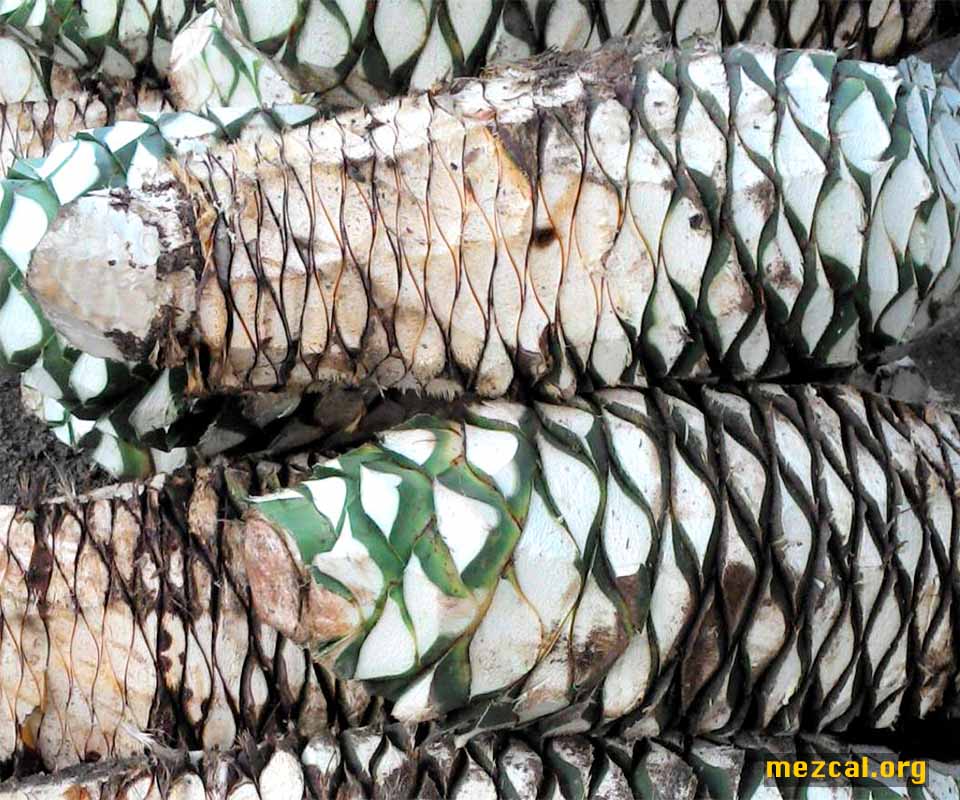
Comments